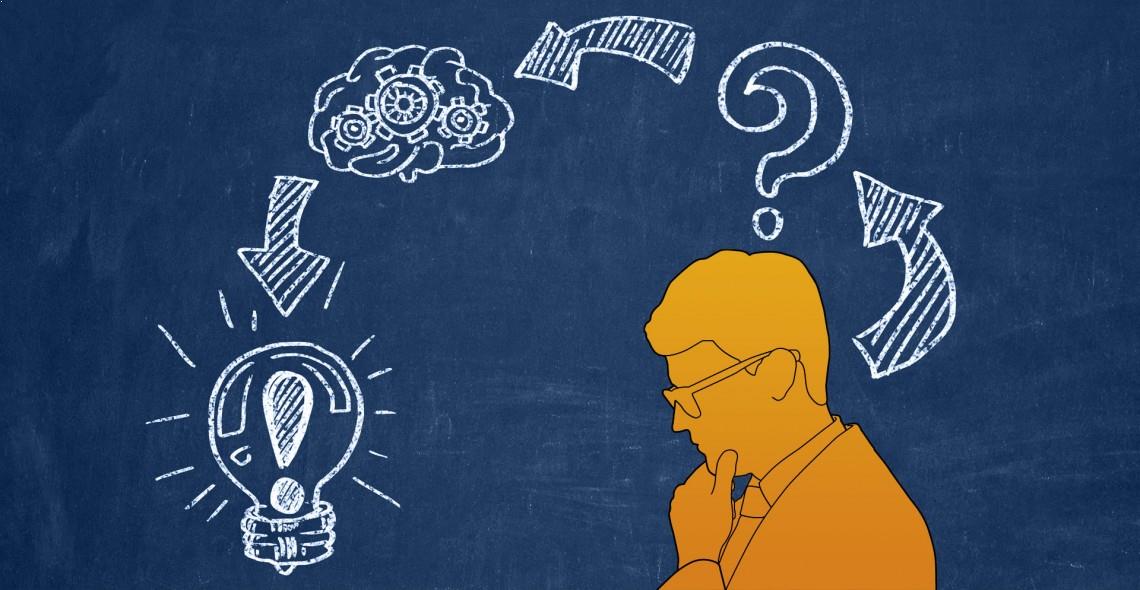Back to: BASIC SCIENCE JSS2
Welcome to Class !!
We are eager to have you join us !!
In today’s Basic Science class, We will be discussing the Uniqueness of Human Beings. We hope you enjoy the class!

UNIQUENESS OF HUMAN BEINGS
Have you ever wondered what makes you stand out from other animals? Why do you think humans are considered superior to other animals? These questions will be addressed in this lesson as we look into the uniqueness of human beings.
Human beings are classified as living things because of the ability to move, feed, excrete, reproduce, respond to stimulus, grow and respire.
Although human beings are classified as animals, it is evident that they are special because only they have the ability for reasoning and problem-solving. Human beings are mammals and belong to the class called primates.
Apart from the features shared with other primates, human beings show greater advancement than other primates because of their highly developed brain that enables reasoning and problem-solving.
The unique characteristics of human beings brought about by their highly developed brain include
REASONING:
This is the ability of human beings to think rationally with exceptional cognitive abilities. The ability to reason has helped human beings to be able to;
- think, learn and remember things,
- develop language, communication and power of speech,
- manipulate the environment to his advantage,
- socialize with other human beings,
- create and handle tools and machines,
- manipulate things easily with his fingers.
2. PROBLEM-SOLVING:
This is the ability to provide solutions to problems in the world of man. There are certain instruments and tools that were in use for many years but have become obsolete now because human beings have found a way to provide a better instrument to solve that problem.

Problems like movement, cooking, long-distance communication, building, washing, driving etc., have been solved by the invention of tools and machines.
For example, the problem of washing clothes with hands have been solved by inventing washing machines; the problem of cooking with firewood has been solved by inventing kerosene stoves, gas cookers and electric cookers; the problem of long-distance communication has been solved by the use of telephones and video calls; and the problem of movement has been solved by the production of cars, boats, aeroplanes etc.
There are numerous problems that have been solved by human beings and there are also a host of others that are still being worked on.
Problem-solving is very important because human beings constantly find ways to make living easier for them.
INTELLIGENCE:
This can be defined as the capacity of an individual to act purposefully, think rationally and deal effectively with his environment. Intelligence usually develops with age and over time. Inquisitiveness is an attribute that is characteristic of intelligence. Inquisitiveness describes eagerness for knowledge and it is closely associated with intelligence. Intelligence can be inherited but also requires a stimulating environment to develop. Intelligence provides the ability to reason and solve problems, enables one to memorize words, ideas, concepts and numbers quickly, helps one recognize similarities and is very useful in skills such as observation, measurement and inference.

OBSERVATION:
This means looking at things carefully and closely to understand their features and differences. Observation is very important for research purposes. For instance, observing the differences and similarities between a goat and a table results in a conclusion that the goat is a living thing while the table is a non-living thing.
MEASUREMENT:
This is the process of determining the size, quantity, quality or degree of something and can be done with the use of measuring devices. For example, a ruler can be used to measure length, a weighing scale can be used to measure weight etc. Other measuring devices include meter rule, measuring cylinders, thermometer, speedometer etc.
INFERENCE:
This is the process or act of forming your own opinion based on what you already know. It usually comes after carrying out experiments and conclusions have to be made at the end. It is common in scientific studies.
We have come to the end of this class. We do hope you enjoyed the class?
Should you have any further question, feel free to ask in the comment section below and trust us to respond as soon as possible.
In our next class, we will be talking about “Measurement of Growth and Development Stages”. We are very much eager to meet you there.
